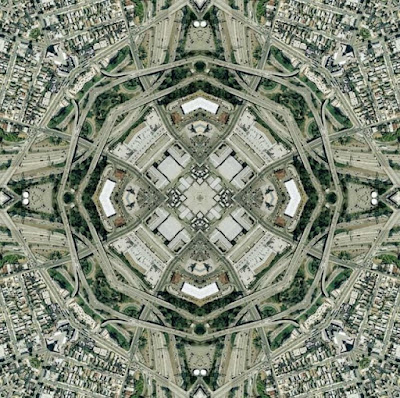Of course, he was glad to have caught me, and we had a quick confab about social media. And the arrows all pointed at the disruptive communications technologies that are social media.
The early days of ignorance and bliss are gone. The days when government staffers innocently clicked the button that said, "I agree," and opened up the Pandora's box of Facebook, YouTube, AddThis, Feedburner, MySpace, and Twitter.
Those few days when the Internet was free and open--a new, more transparent, collaborative and participatory way--for government to communicate and interact with her citizens. The days before the inevitable crush of rules and regulations, of some CFR thingie and the threat of potential hearings, made us grow up and take notice of what we had unleashed.
So today's discussion with my friend was about one of the regulatory tigers [link to pdf]. It doesn't matter which one because they are all important. Could be security. Could be privacy. Could be protecting the record of how a decision is made. Could be ethics. Could be cramming the Internet pipes of an agency with who knows what. Could be the sovereignty of the United States of America, for goodness' sake!
They are all important. And so is embracing the uncertainty and risk of this new more transparent, collaborative and participatory way for government to communicate and interact with her citizens.

We are now standing in the middle of an incredibly busy intersection of dozens of important interests. Working through the interests, it sometimes seems that these important interests don't know or recognize that they are all part of the same ecosystem. An ecosystem that is not yet in any balance. And, as each of the interests advocate vociferously for their needs, the shape of the discussion distorts.
My friend @bashley said, "We'll know #gov20 has come of age once it's cross-examined as if a defendant before a magistrate, awaiting sentence."
We are trying to build the perfect traffic circle. A circle in which all the interests enter into the traffic flow--the flow of this new more transparent, collaborative and participatory way for government to communicate and interact with her citizens--without colliding, without impeding the stream and without giving too much favor to any one interest.
We are trying to build the perfect traffic circle. A circle in which all the interests enter into the traffic flow--the flow of this new more transparent, collaborative and participatory way for government to communicate and interact with her citizens--without colliding, without impeding the stream and without giving too much favor to any one interest.

Love this post! I'm proud to have been your 7:00 caller. :)
ReplyDeleteYour mental model is so, so apt. It fit perfectly a meeting I had literally the day before you posted.
I like it too. Traffic circles have off ramps, so from a records perspective when it is time for the information to go away (for whatever reason), it can happen smoothly. If information that was taken off temporarily needs to get back on, it is not a big deal.
ReplyDelete@Jeffrey, thanks for inspiring this post. I am glad it is helpful.
ReplyDelete@Jana, good extension of the analogy. I know that sometimes *I* need to offramp from this discussion, too. :-)
You put this very eloquently, Gwynne. Lessons learned from public infrastructre planning are certainly appropos with SocMed. An orderly and graceful flow of both information and vehicle traffic are core to everyday life. The better planned they are, the less they're noticed.
ReplyDelete